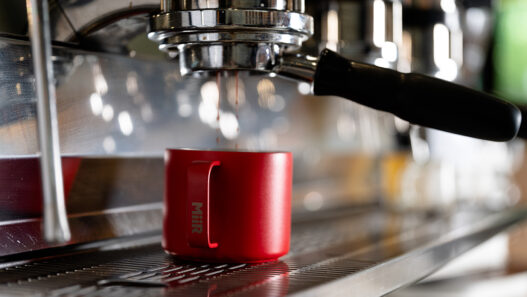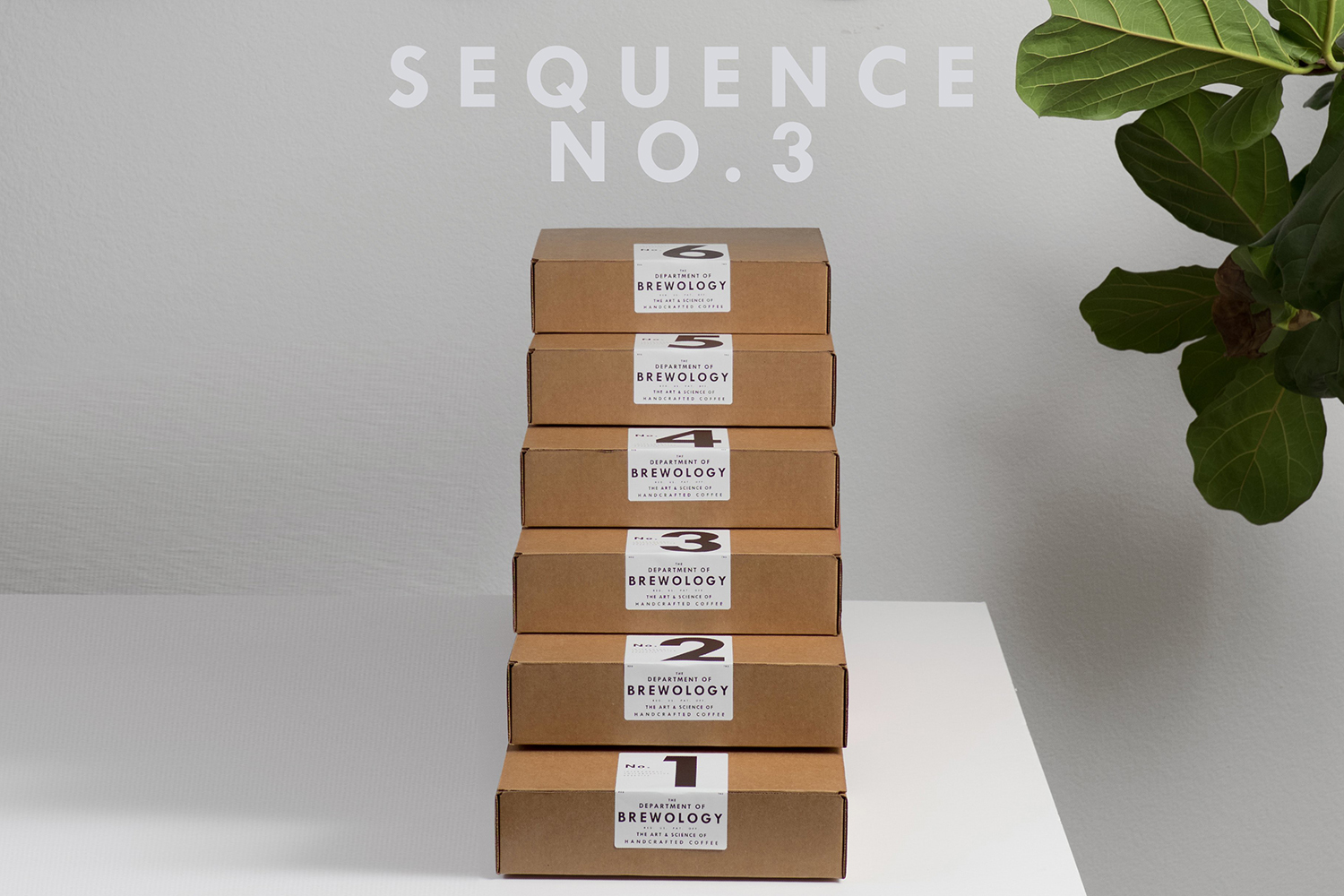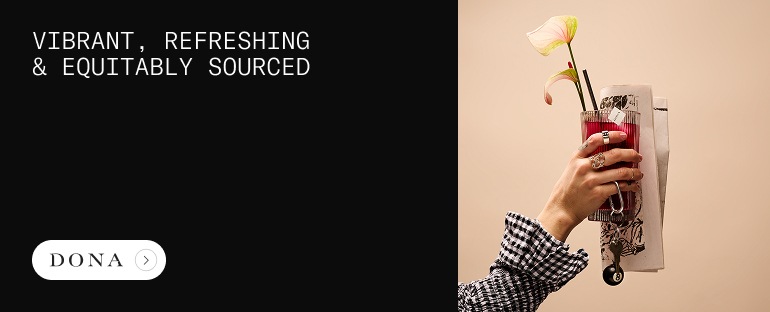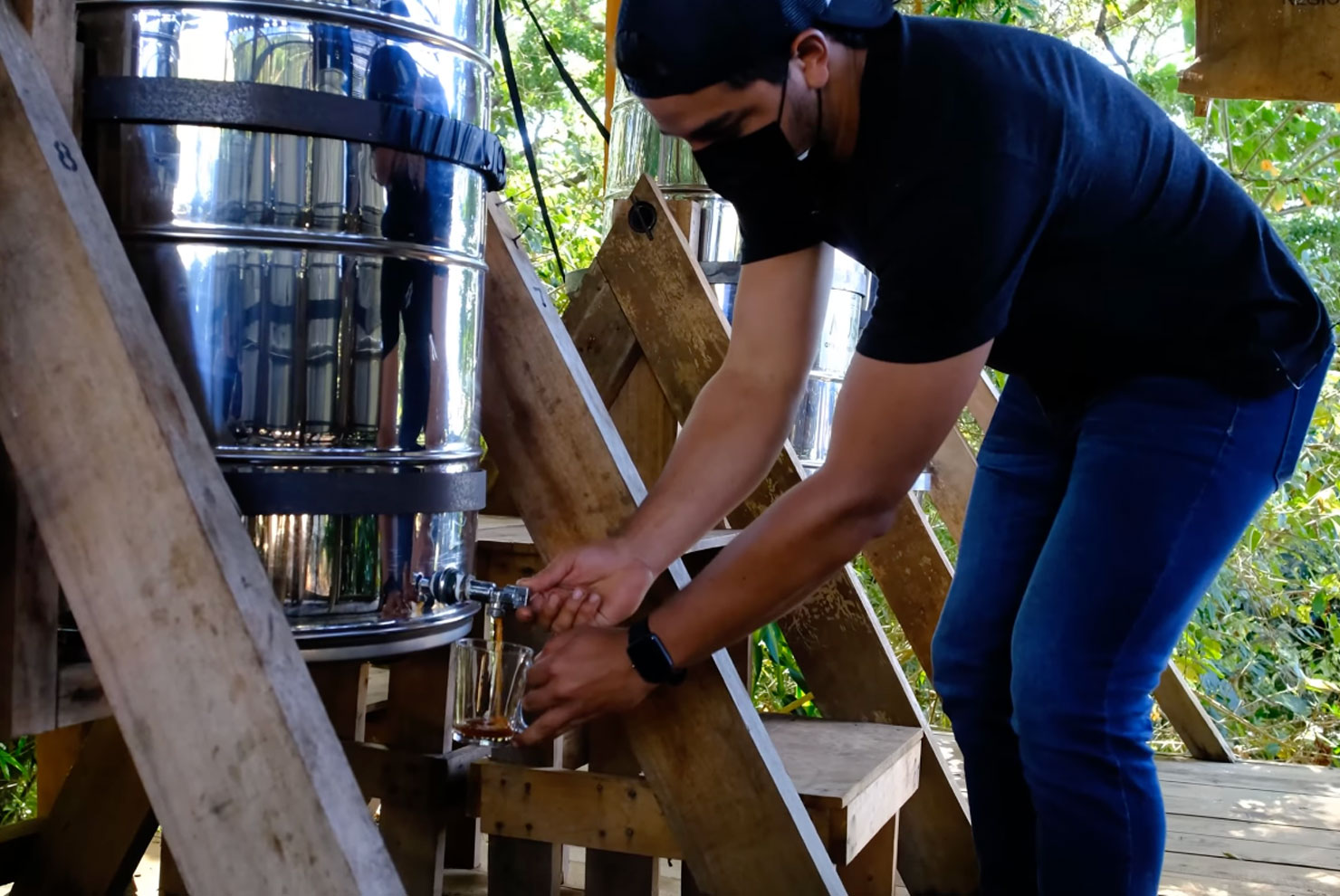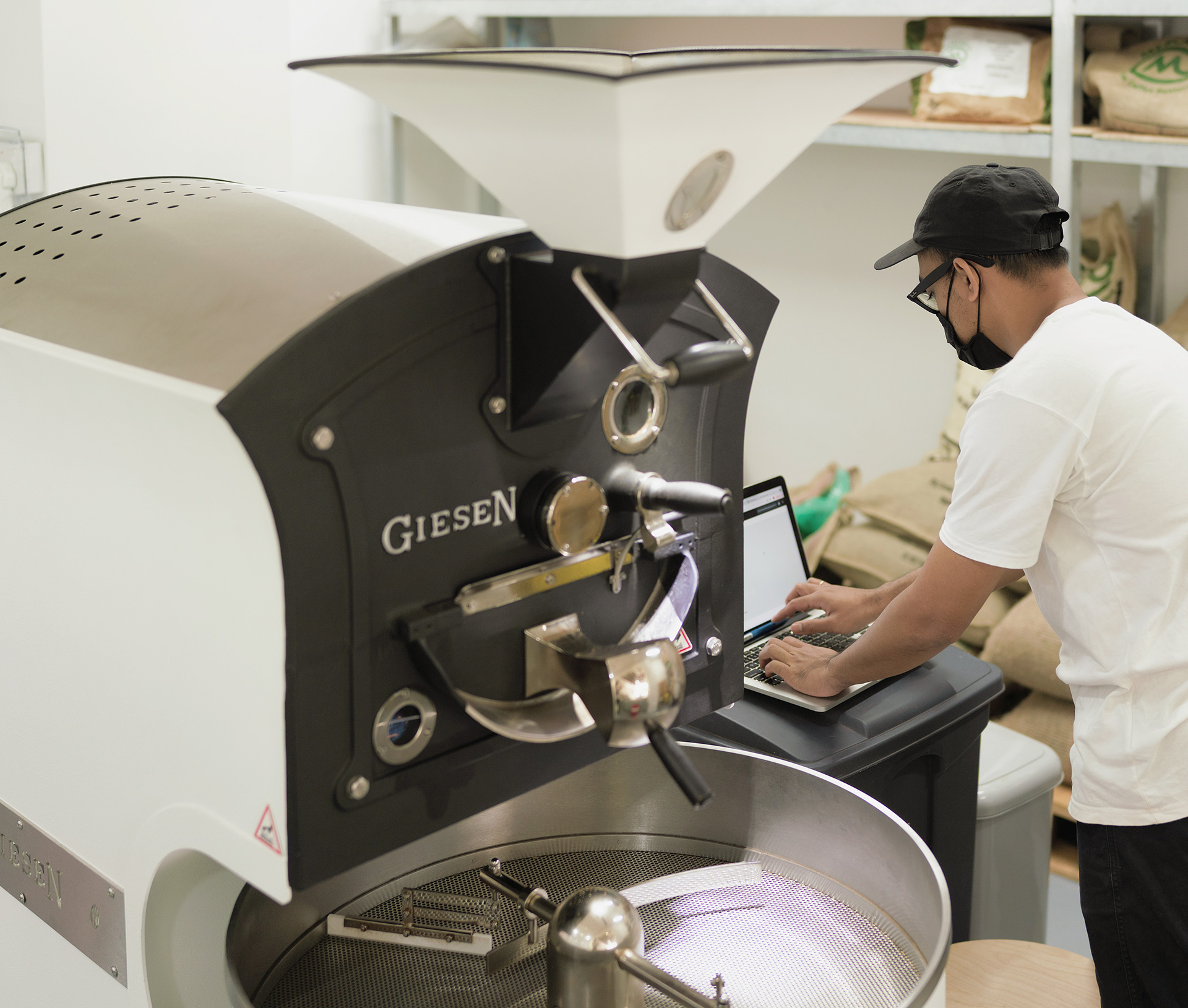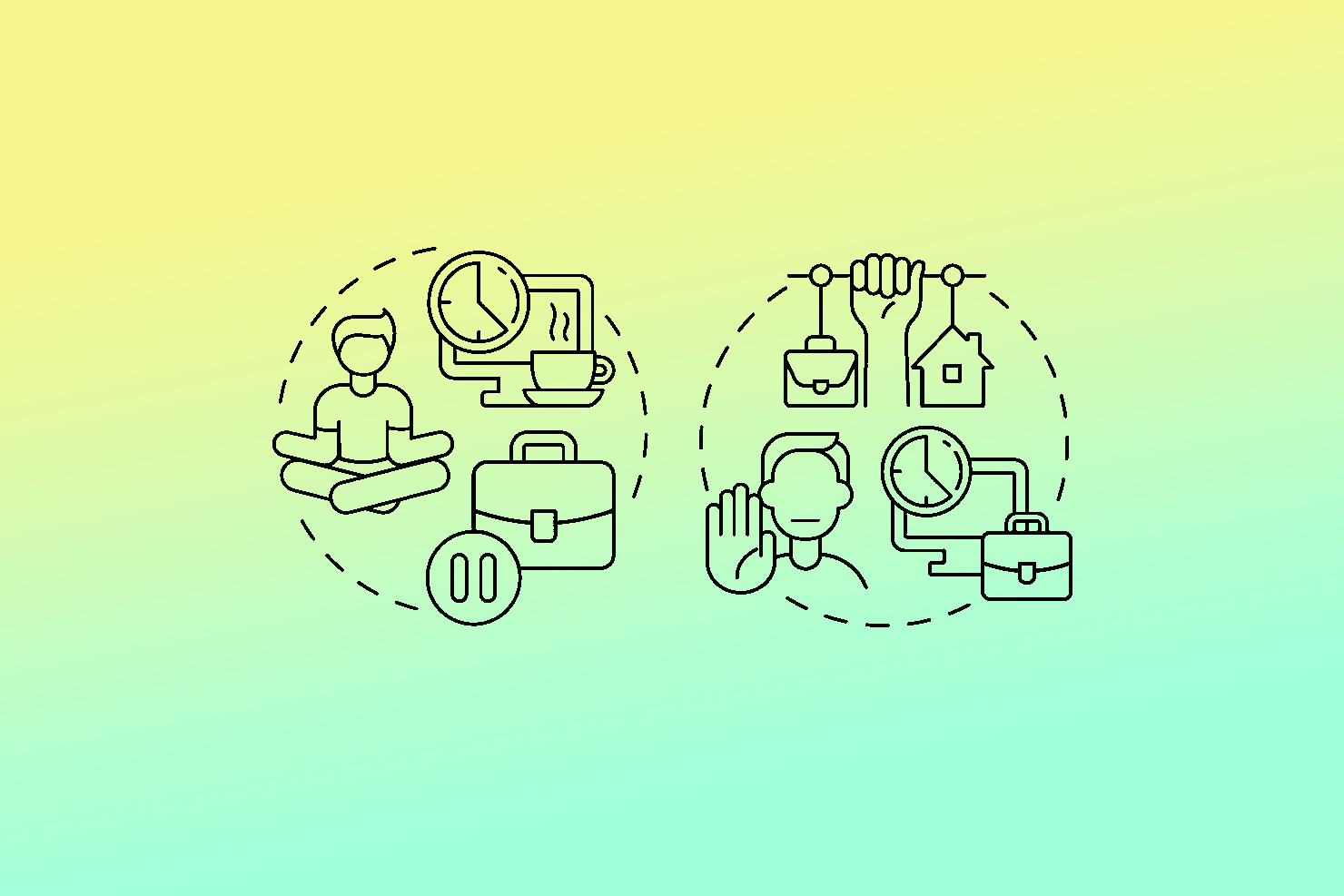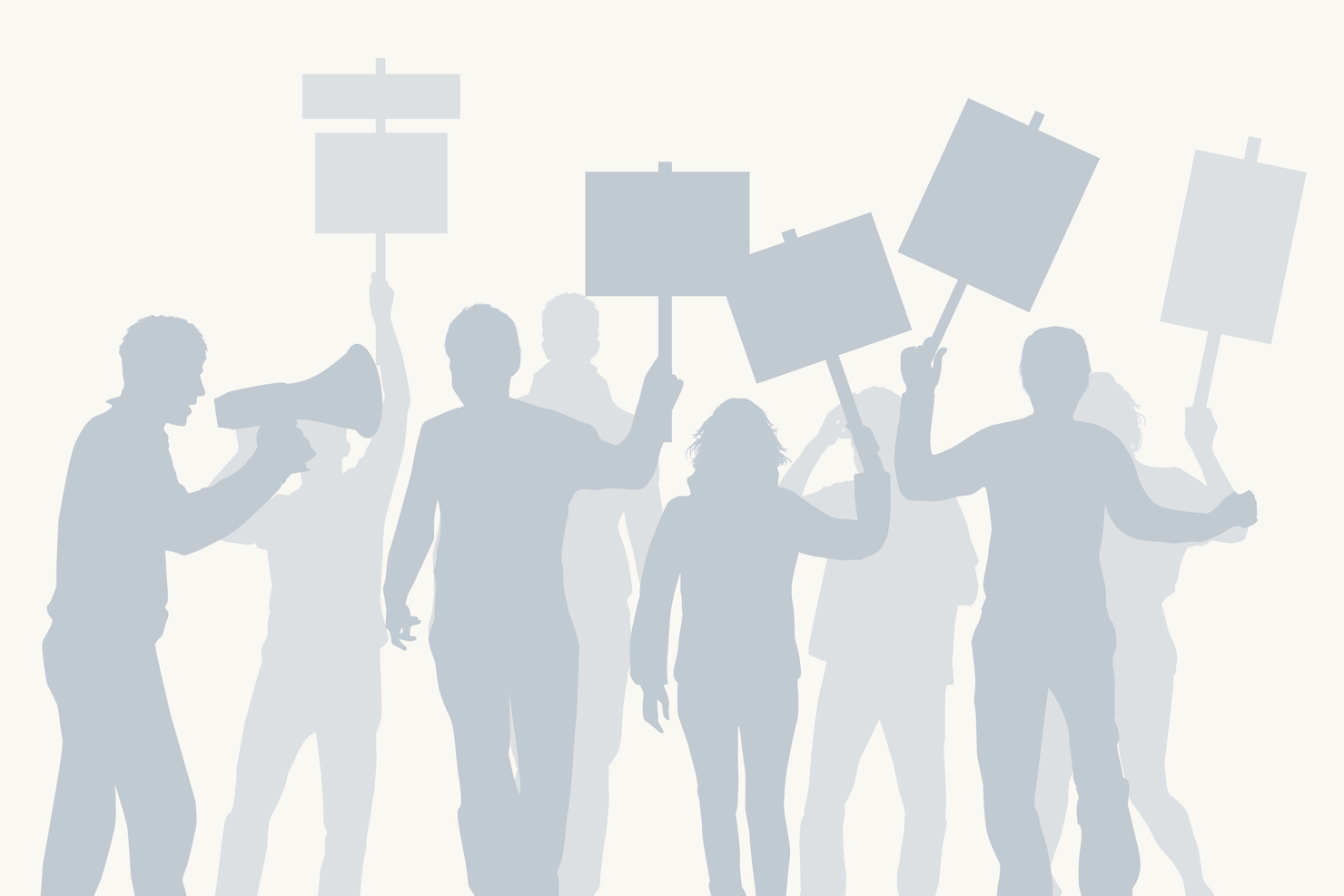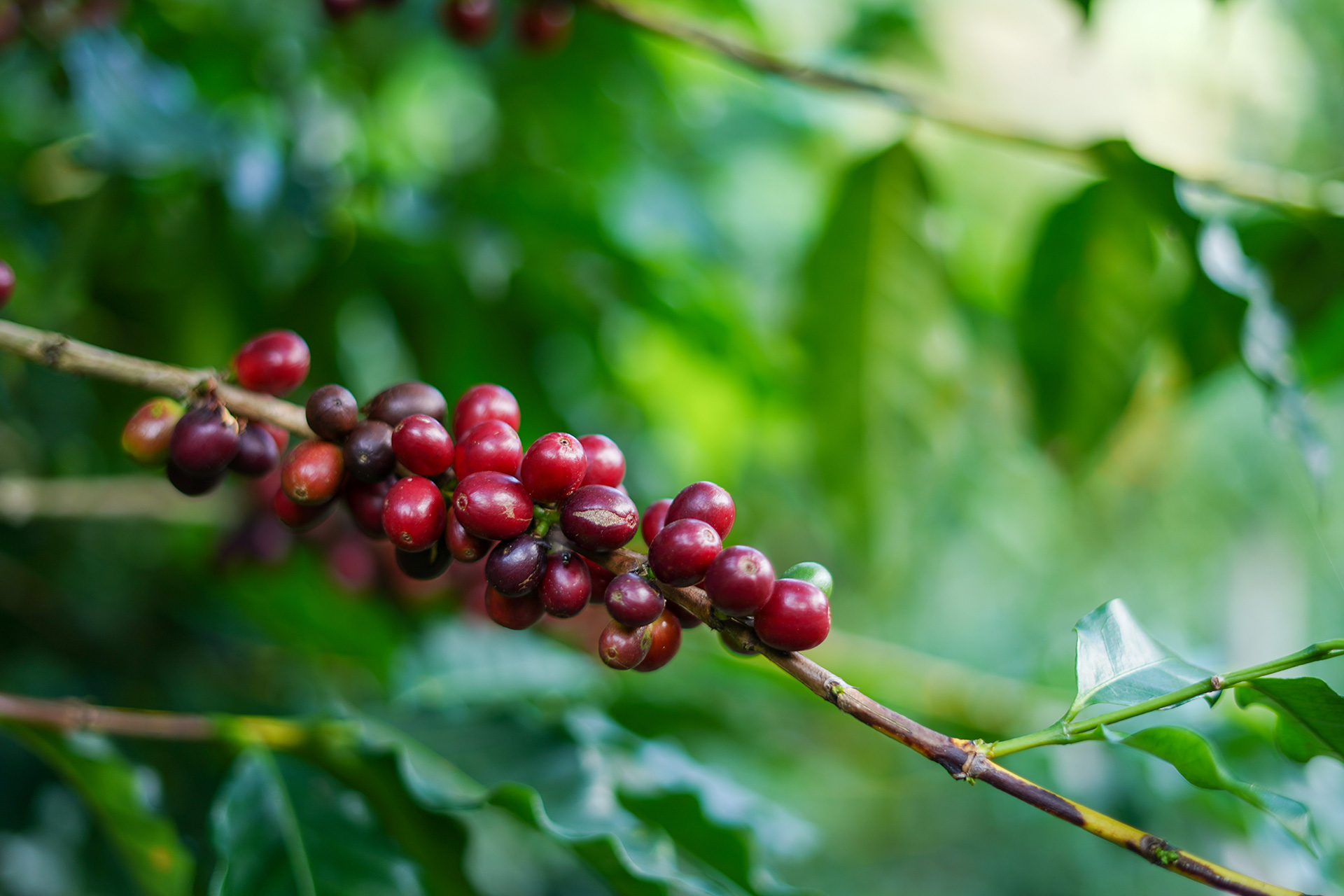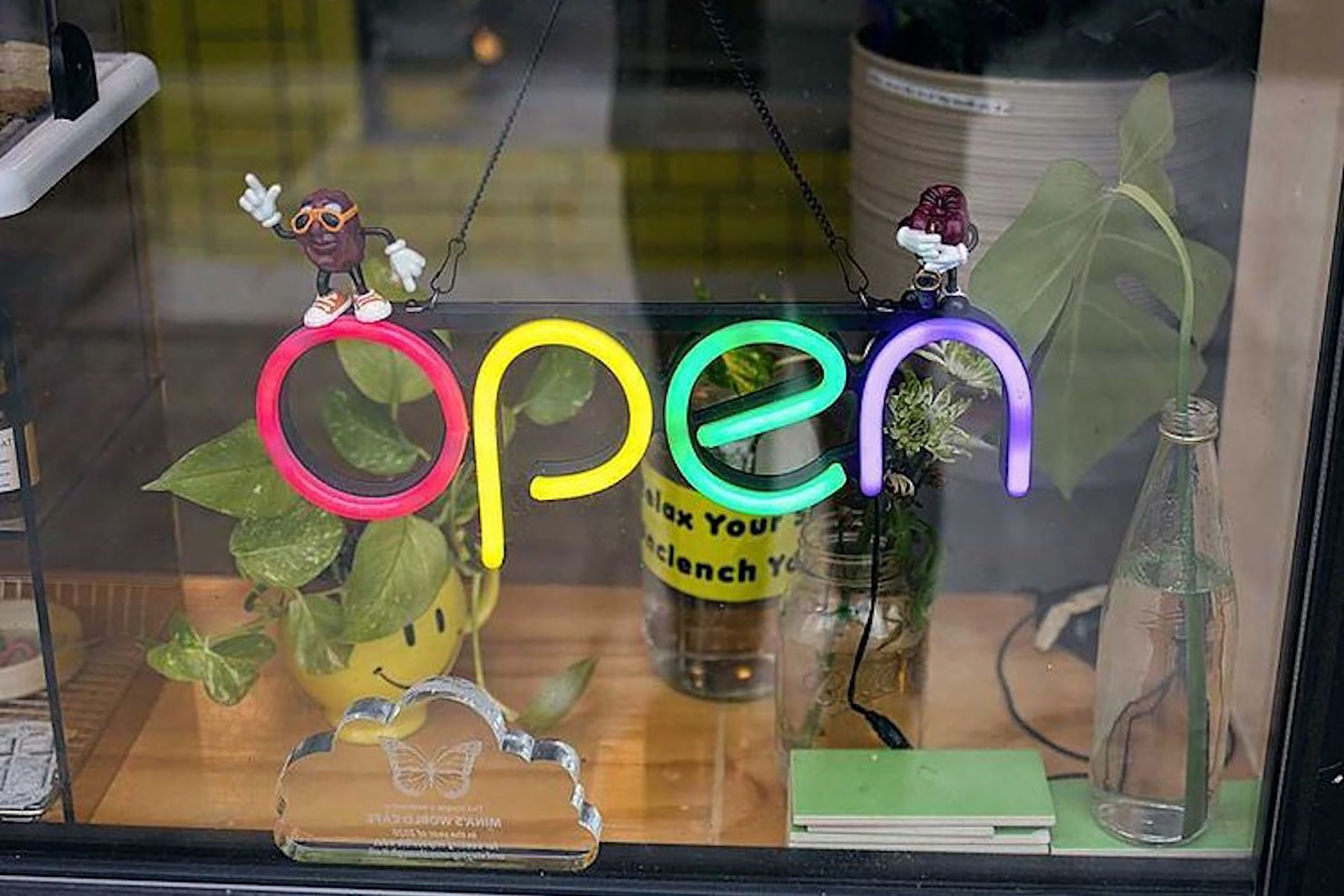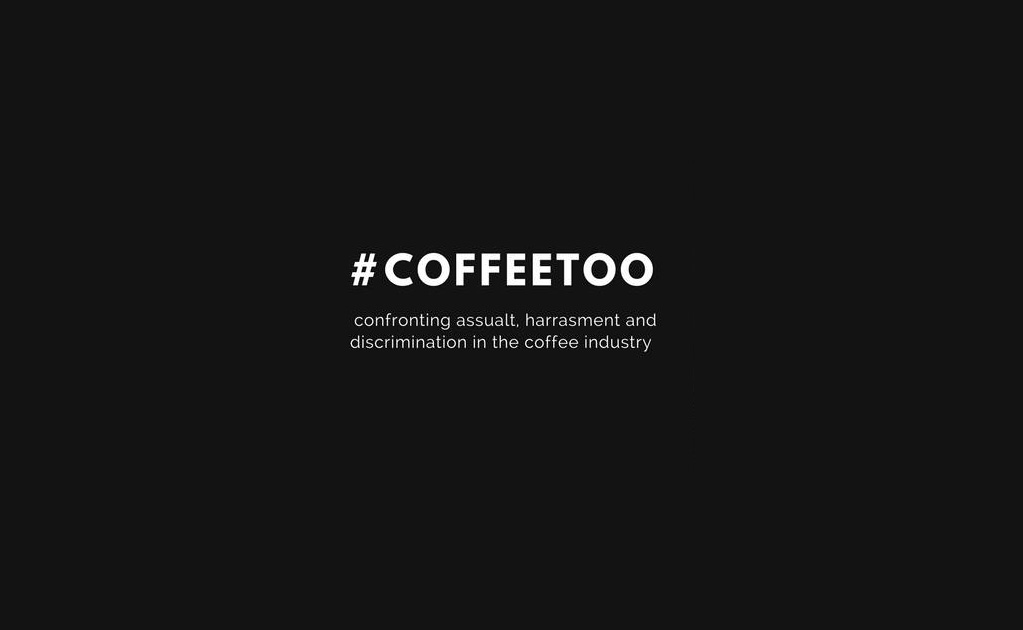
On October 15, the sexual harassment and assault hashtag #metoo went viral, taking over Twitter and Facebook feeds around the world. While the US watched a cascade of powerful men get ousted from jobs over allegations of sexual harassment and assault, the coffee world waited for the next step: acknowledgment that if experiences of sexual harassment and assault are universal to other industries, they must exist in equal measure in coffee as they do in politics, food, media, and food media. But how would the specialty coffee industry—which at times feels like it functions like a small town or a large family—go about addressing these same issues while causing the least harm? Working with a certainty that specialty coffee has the power to eliminate harassment within its own ranks, industry veteran Molly Soeder worked with colleagues to found the new organization #coffeetoo, a volunteer-run grassroots community project dedicated to gathering and sharing information and resources with coffee professionals on the topics of discrimination and sexual harassment within the coffee industry.
While attending a major coffee event this past fall, Soeder both witnessed and experienced harassment. “Unfortunately,” she tells Sprudge, “this wasn’t surprising.” Throughout her 13 year coffee career, she’s experienced and heard endless stories of harassment and discrimination; this time, she and other attendees started a conversation about it. “We agreed that something had to be done to stop the toxic behavior we’d endured, so we drew up a plan that same night.” She found out about the #metoo movement the next day, and it solidified for her how truly ubiquitous the experience of her and her colleagues were. “It’s essential that we all do our part to combat these problems. Looking at them in an industry-specific way breaks them down into a manageable size. I believe that if we all continue to speak up and say, ‘We will not tolerate this any longer,’ we will see change.”
Soeder, who currently works as a barista at Broadcast Coffee Roasters in Seattle, is responsible for guiding the project, which is currently focused on establishing a diverse leadership team that can see and tackle the whole spectrum of issues of harassment and discrimination, which manifest differently for different groups of people in coffee. The two specific goals of #coffeetoo (a temporary name the leadership team says will eventually change) are 1. to inform coffee pros of their rights, including information about what to do if those rights are violated and about acute self-care after discomfort or trauma occurs, and 2. to reduce the actual incidence rate of sexual harassment and discrimination in coffee by arming individuals with this knowledge.
As their main project, leaders of #coffeetoo plan to host a nationwide live-streamed event featuring talks from and an HR rep, a union rep, a lawyer, and a mental health professional. While working towards this goal, #coffeetoo will regularly share the information they amass to their Facebook page, along with reposts of videos, links, and followers’ #metoo #coffetoo stories.
For interested folks both in and out of the specialty coffee industry who want to support #coffeetoo, you can help by reading about #coffeetoo, following their page, and getting in touch if you want to contribute. “We would love to hear from anyone who wants to be a contributor, financial supporter for events, and/or sponsor,” said Soeder.
By creating space for people to engage around these issues, #coffeetoo is doing much-needed work to further an important conversation on harassment and discrimination in coffee. An information-focused approach with clear, specific goals can have a huge benefit on an industry that often feels too small for open conflict, and Soeder is excited to do that work and empower people to do their part to end toxic behavior in coffee.
RJ Joseph (@RJ_Sproseph) is a Sprudge staff writer, publisher of Queer Cup, and coffee professional based in the Bay Area. Read more RJ Joseph on Sprudge Media Network.




